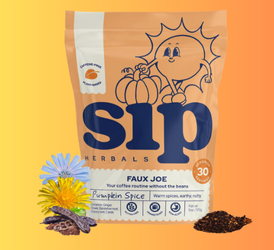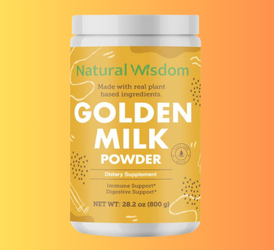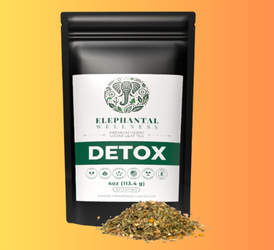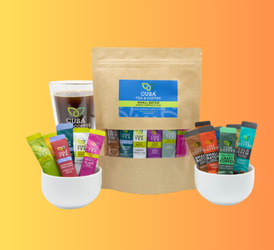Coffee, appreciated by many and hated by others. According to numerous studies, it has been shown that moderate coffee consumption is associated with several health benefits, including…
Reduced risk of type 2 diabetes:
Coffee can help improve insulin sensitivity and reduce the risk of developing type 2 diabetes.
Reduced risk of neurodegenerative diseases:
Some studies suggest that coffee may help protect against neurodegenerative diseases such as Parkinson’s and Alzheimer’s.
Improved liver health:
Coffee may help protect the liver from damage and reduce the risk of liver disease.
Increased energy levels and concentration:
Caffeine, one of the main components of coffee, can increase energy levels and improve attention and concentration.
Antioxidant properties:
Coffee is rich in antioxidants, which can help protect cells from damage caused by free radicals.
Side Effects of Energy Drinks on the Brain
While energy drinks can provide a temporary boost, excessive consumption can have negative effects on the brain.
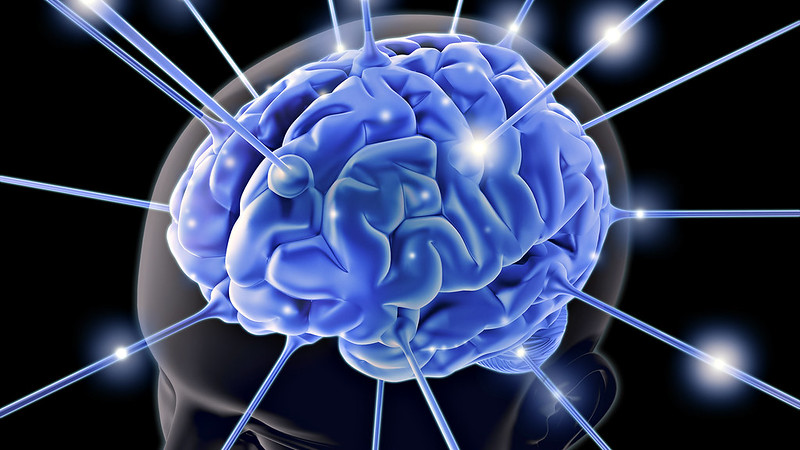
Anxiety and Nervousness:
High levels of caffeine and other stimulants in energy drinks can trigger anxiety, nervousness, and restlessness.
Sleep Disturbances:
Energy drinks can disrupt sleep patterns, leading to insomnia and difficulty concentrating.
Headaches and Migraines:
Excessive consumption can contribute to headaches and migraines.
Cognitive Impairment:
Long-term use may impair cognitive function, including memory and attention.
Addiction:
Regular consumption can lead to dependence on the stimulating effects of caffeine and other ingredients.
It’s important to note that these effects can vary from person to person and depend on factors like age, overall health, and individual sensitivity to caffeine.

Decaffeinated Coffee Side Effects
In conclusion, both regular and decaffeinated coffee can be part of a healthy diet when consumed in moderation. While moderate coffee consumption is often linked to various health advantages, excessive intake or individual sensitivities can lead to adverse effects
Insomnia: Caffeine can interfere with sleep patterns, making it difficult to fall asleep or stay asleep.
Anxiety and Nervousness: High levels of caffeine can trigger anxiety, restlessness, and irritability.
Digestive Issues: Excessive caffeine intake can lead to digestive problems such as heartburn, acid reflux, and stomach upset.
Increased Heart Rate and Blood Pressure: Caffeine can elevate heart rate and blood pressure, which may be harmful for individuals with certain health conditions.
Addiction: Regular consumption of caffeinated beverages can lead to dependence, harmful effects of coffee making it difficult to reduce intake without experiencing withdrawal symptoms.
Decaf Coffee: A Healthier Alternative?
Decaffeinated coffee offers many of the same benefits as regular coffee without the stimulating effects of caffeine. However, it’s important to note that the decaffeination process can remove some of the beneficial compounds in coffee. Additionally, some decaf coffee brands may still contain small amounts of caffeine.
Potential Side Effects of Decaf Coffee
Digestive Issues: Some people may experience digestive discomfort, such as heartburn or acid reflux, after drinking decaf coffee.
Decaffeination processes can sometimes leave behind chemicals that may trigger allergic reactions in sensitive individuals, or caffeine side effects on skin.
In conclusion, both regular and decaffeinated coffee can be part of a healthy diet when consumed in moderation. It’s essential to listen to your body and adjust your intake accordingly. If you experience any adverse effects from coffee, consider reducing your consumption or switching to decaf. As always, consult with a healthcare professional for personalized advice.
Coffee Alternative
If what you want is to have a caffeine-free day or reduce caffeine consumption, or simply explore other options, here we give you other options to coffee:
Try Infusions
Chamomile: Known for its calming properties, chamomile tea can help you relax and unwind.
Peppermint: This refreshing tea can aid digestion and relieve headaches.
Ginger: Ginger tea can soothe an upset stomach and reduce inflammation.
Rooibos: A caffeine-free tea with a slightly sweet, nutty flavor.
Matcha: A type of green tea rich in antioxidants that can provide a mild energy boost.
Chicory Root Coffee
Chicory root is a popular coffee substitute that offers a similar taste to coffee without caffeine. It is often mixed with coffee to reduce the caffeine content or used alone.
Dandelion Root Coffee
Dandelion root coffee is another caffeine-free alternative that has a slightly bitter taste. It is rich in antioxidants and may aid digestion.
Herbal Coffee Blends
Many companies offer herbal coffee blends that combine the flavors of coffee with the health benefits of herbs and spices. These blends often include ingredients such as chicory root, dandelion root and various spices.
Golden milk
This hot drink made with turmeric, ginger and other spices can help reduce inflammation and boost immunity. It’s a great alternative to coffee, especially in the evening.
Fruit and vegetable juices
Freshly squeezed juices from fruits such as oranges, berries and grapefruit can provide a natural energy boost without caffeine.
Remember that the best alternative for you will depend on your personal preferences and dietary needs. Experiment and try different options to find the one that best suits your lifestyle.










